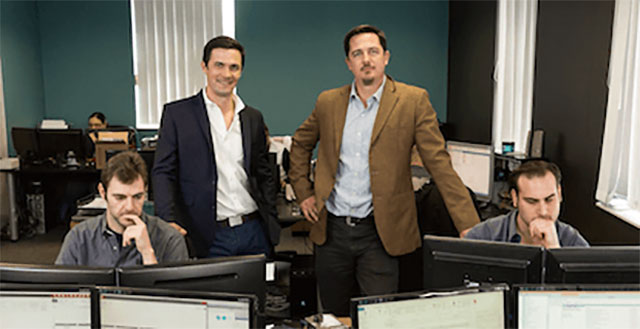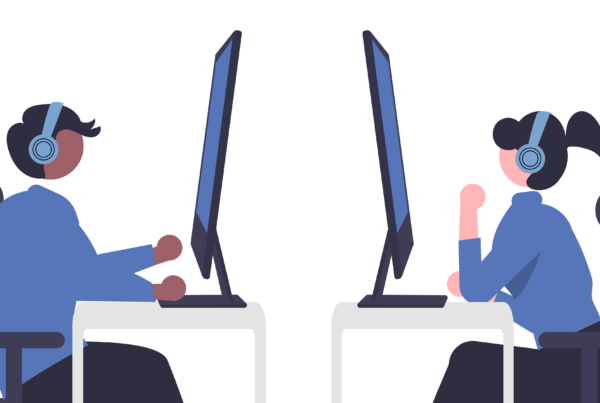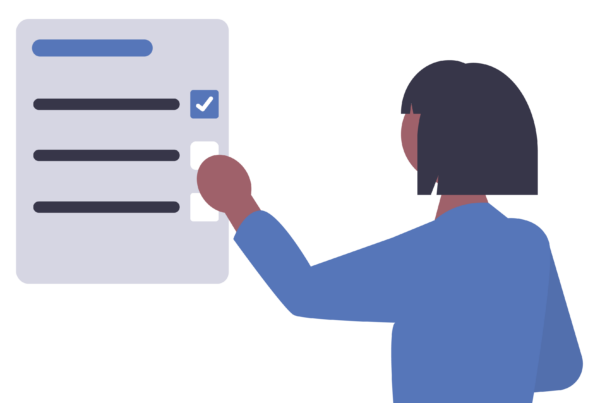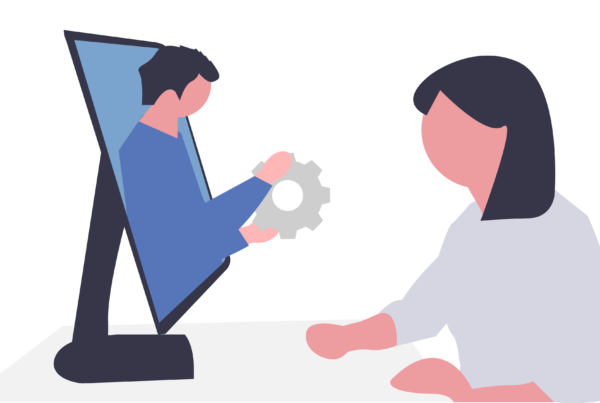
Colin and Aaron get interviewed by Entrepreneur magazine about Dial A Nerd and what it took to get it to the household name it is today.
A few snippets from the article
“Instead of lamenting how tech developments had harmed the business, we decided to focus on how they could help us instead,” says Colin. “We’d built a great brand over the years. It was well known, respected and trusted. That was an excellent base to start from. We just needed to accept that we could no longer do what we’d always done if we wanted to continue to grow the business.”
“Don’t stick to something just because that’s how it’s always been done. Technology changed and we changed with it. It was tough and scary, but it also led us down an amazing path. Today, we’re far better off than we would have been if things had just stayed the same. The trick is to recognise when things are changing, and instead of fighting it, embrace it, and look for a way to make the most of it — even if it means adjusting the way you’ve always done things. Hire for a culture fit. We don’t want people who have studied tech. We want people who live and breathe tech. If they love technology, it does not even work for them — it’s a chance to solve a tech problem, or find a better and faster way to do something. One of the first things we ask during our interviews is if the candidate plays video games. We want to know that tech is immersed in their lives on a personal and social level, as well as professional. We hire nerds. It’s not just in our name.”
“We also started focusing on the business sector,” adds Colin. “We tried to ramp it up at the same pace that the consumer side was dropping. It took longer than we thought it would, as it so often does, but we were on the path. Corporate has a much longer sales cycle, and you need to take the time to build trust and put proper service level agreements in place. There’s a lot more at stake in corporate IT support because downtime costs money — sometimes millions per day in lost revenue and productivity.”
“When Dial a Nerd had first launched 11 years earlier, Colin decided to focus on the home user market, which needed assistance but wasn’t being serviced. Desktop computers couldn’t just be bought out of the box. They were custom-made from specific components based on the customer’s needs. There were only a handful of computer brands on the market, and these were high-end products. “It was worth personally spending an hour or two with each customer who wanted a laptop or desktop to find out exactly what their needs were at their homes or offices,” says Aaron, who would then take the specs back to a technician who would build it from components and then set it up for the customer — again at their homes. “Everything was complicated. We had a document a page and a half long with instructions on how to connect to the Internet.” Fast forward a decade and things were very different. Laptops were standard and could be bought out of the box. Apple had launched the iPad, and suddenly consumers didn’t need desktops at home anymore — they had laptops at work and tablets at home. Nothing needed to be custom-made, and there was a range of out-the-box products to choose from.”
Dial a Nerd Entrepreneur Magazine



